Time is running out to help Hongkongers before the expected introduction of powers banning people from leaving as China tightens its grip on the city, a pro-democracy politician has warned after fleeing to the UK and then Australia.
Former legislator Ted Hui arrived in Australia on Tuesday, three months after he fled to the UK while on bail in Hong Kong. Speaking from quarantine, Hui told the Guardian he had decided to move in order to expand the pro-democracy movement-in-exile, and lobby Canberra for increased Hong Kong support, including formal “lifeboat” plans to help dissidents and civilians flee.
The Hong Kong government recently unveiled proposed legislation to give the immigration department “unfettered powers” to stop people leaving. With no remaining opposition in Hong Kong’s legislature, the amendment is likely to pass and would take effect on 1 August.
“That’s quite a deadline for different nations to consider if they are going to provide lifeboat plans,” Hui said. “I personally believe many dissidents – and even civilians who have expressed dissent – could be banned from leaving Hong Kong.”
‘Hong Kong is crumbling’: seven days that crushed city’s last resistance
Read more
Hui fled Hong Kong in December while on bail for protest-related charges. He said the charges were unfair, often based on fake testimony from police, or – for those relating to contempt of the legislature –simply “ridiculous”. Hui has also been accused of “foreign collusion” under the national security law.
Hui said: “There’s nothing wrong speaking the truth and letting the world see what’s happening in Hong Kong, the human rights violations,” he said. “They are putting dissidents in jails. That’s why we need to continue to speak up.”
With the blessing of the Hong Kong government, Beijing is increasing its control over the city, having already introduced a sweeping and draconian national security law and powers to disqualify “unpatriotic” legislators and public servants. On Thursday, Beijing is expected to approve powers to vet political candidates ahead of elections. Most figures of opposition are in jail, on trial, or in exile.
Hui said offering political asylum was “sensitive” and a narrow pathway, so he was urging foreign governments to expand existing visa programs and residency eligibility as the UK has done. Australia has extended the visas of more than 2,580 Hong Kongers and approved 671 new temporary visas since June under its expanded program. But Hui said Australia’s pathways were still limited, and many young people didn’t have the resources to leave Hong Kong, especially amid unprecedented global border closures.
The situation was “quite dangerous”, Hui said. “For those who need to leave and escape the terror of the CCP [Chinese Communist party], it seems the only option is the UK. So it’s limited many opportunities for exile.”
Hui’s arrival in Australia is a sign of the increasingly coordinated international network of Hongkongers in exile. He told the Guardian he felt “more needed” in Australia, where there wasn’t as significant a presence. “Hongkongers already have Nathan Law and other prominent exiles in Europe doing advocacy work, and at the same time we have counterparts in North America,” he said.
Hui said he would be in Australia for a year on his existing visa before deciding whether to seek an extension. Claiming political asylum was “a last option” but a possibility, he said.
During that time he intended to lobby for sanctions against Hong Kong and Beijing officials, a reduction in Australian reliance on China trade, and a Magnitsky-style act to hold foreign government officials accountable for human rights abuses. However, he said, his priority was convincing the Australian government to provide Hongkongers with “reassurance like the British have provided”.
The Guardian sought comment from the Australian government, which has previously expressed concern about the crackdown in Hong Kong, but the Department of Home Affairs said it did not comment on individual cases.
Kimberley Kitching, an opposition legislator and chair of the Australian Senate’s foreign affairs, defence and trade references committee, called on the government to “consider welcoming Hongkongers who did nothing more that stand up to protect the democratic norms and institutions promised as part of the ‘one country, two systems agreement’”.
“Together with the international community, it would also be worth exploring a multilateral solution, whereby democratic countries create a right-of-abode agreement for those who wish to leave Hong Kong,” Kitching said.
Australia is operating strict border closures, and the significant assistance in granting Hui and his family visa exemptions on “compelling and compassionate grounds” and the provision of rare seats on a repatriation flight is likely to ruffle feathers in Beijing amid already low Australia-China relations.
Asked to comment, the Chinese embassy in Canberra pointed the Guardian to remarks made by the foreign ministry spokesperson, Wang Wenbin, in Beijing last week.
“The Chinese side urges the Australian side to stop meddling in Hong Kong’s affairs and China’s internal affairs in any way,” Wang told reporters on Monday last week. “Otherwise the China-Australia relations will only sustain further damage.”

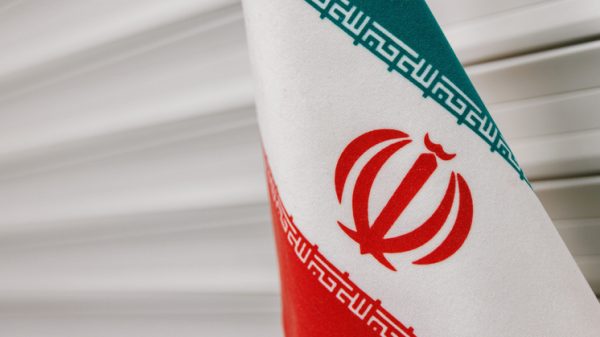

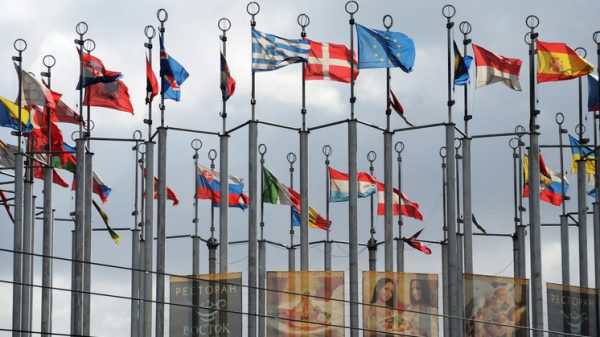








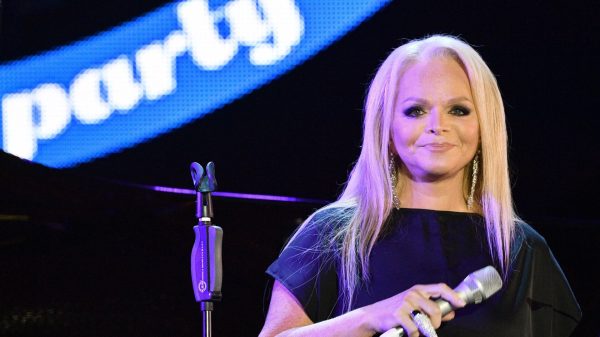




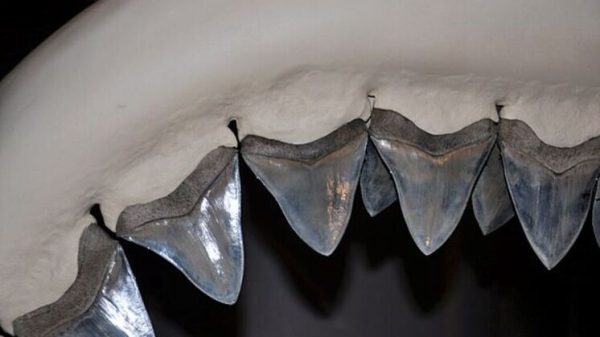
































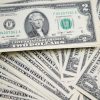




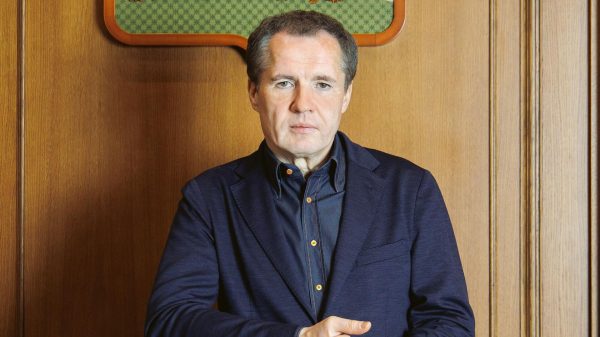
Свежие комментарии